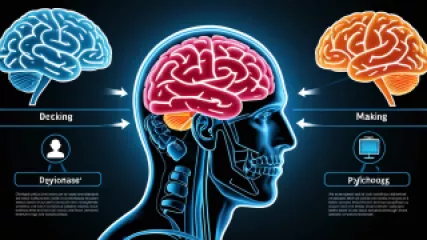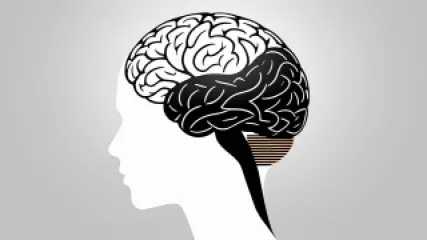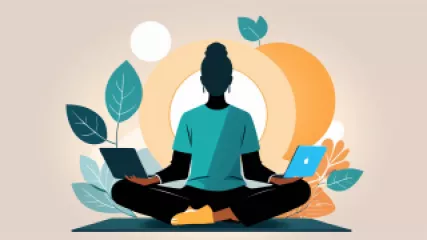Building Resilience in Times of Uncertainty
1 year ago
Dealing with Uncertainty
Finding Calm in the Chaos: My Journey Through Uncertainty
1 year ago
Dealing with Uncertainty
Building a Psychologically Safe Workplace: A Step-by-Step Guide
1 year ago
Psychological Safety
Expert Insights: Unlocking the Psychology Behind Effective Decision-Making
1 year ago
Psychology of Decision Making
10 Best Cognitive Dissonance Counseling Strategies
1 year ago
Cognitive Dissonance
10 Best Mental Health Resources for Dealing with Uncertainty
1 year ago
Dealing with Uncertainty
How to Overcome Workaholism: Key Strategies and Tips
1 year ago
Workaholism
7 Lessons on Psychological Safety from 'The Office'
1 year ago
Psychological Safety
Why Virtual Therapy is Essential for LGBTQ+ Mental Wellness
1 year ago
Mental Wellness
Confronting Cognitive Dissonance: A Path to Self-Awareness
1 year ago
Cognitive Dissonance
Cognitive Strategies for Overcoming Boredom: A Step-by-Step Guide
1 year ago
Dealing with Boredom
A Step-by-Step Guide to Navigating Uncertainty with Online Therapy Sessions
1 year ago
Dealing with Uncertainty
The Ultimate Guide to Overcoming Workaholism
1 year ago
Workaholism
Establishing Healthy Boundaries for a Fulfilling Personal Life
1 year ago
Boundaries in Personal Life
10 Effective Strategies to Manage Cognitive Dissonance
1 year ago
Cognitive Dissonance















